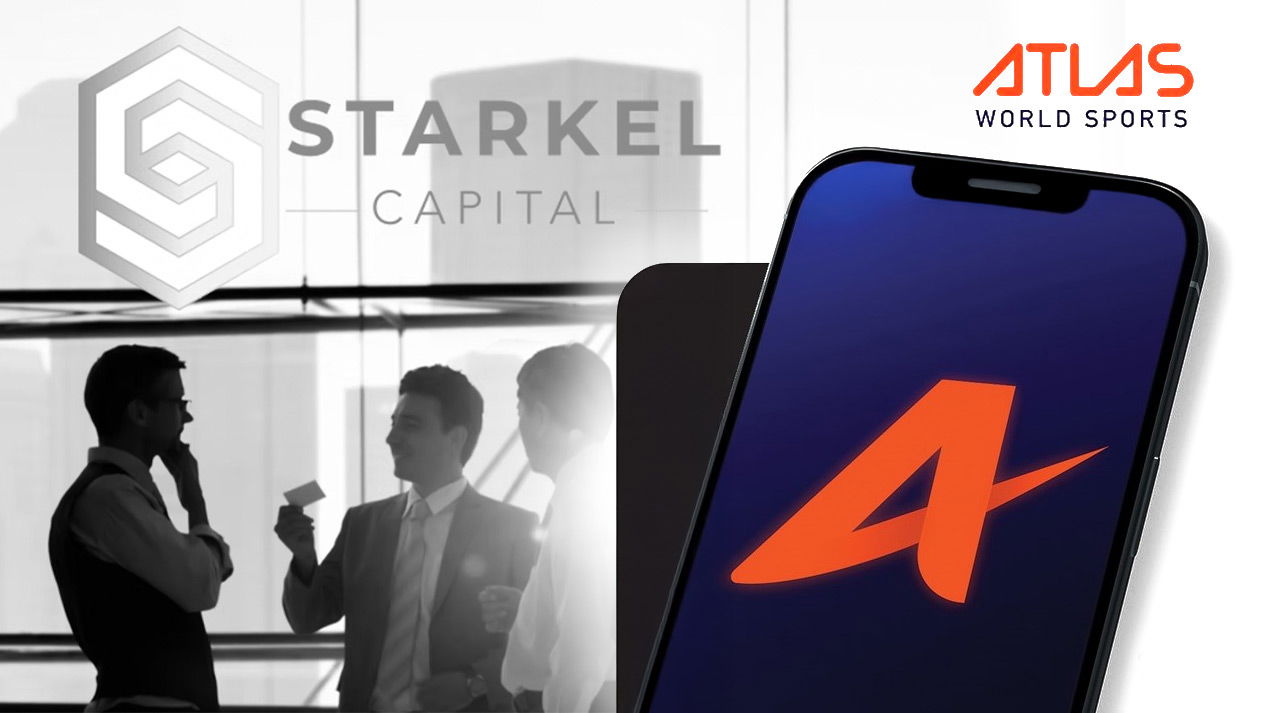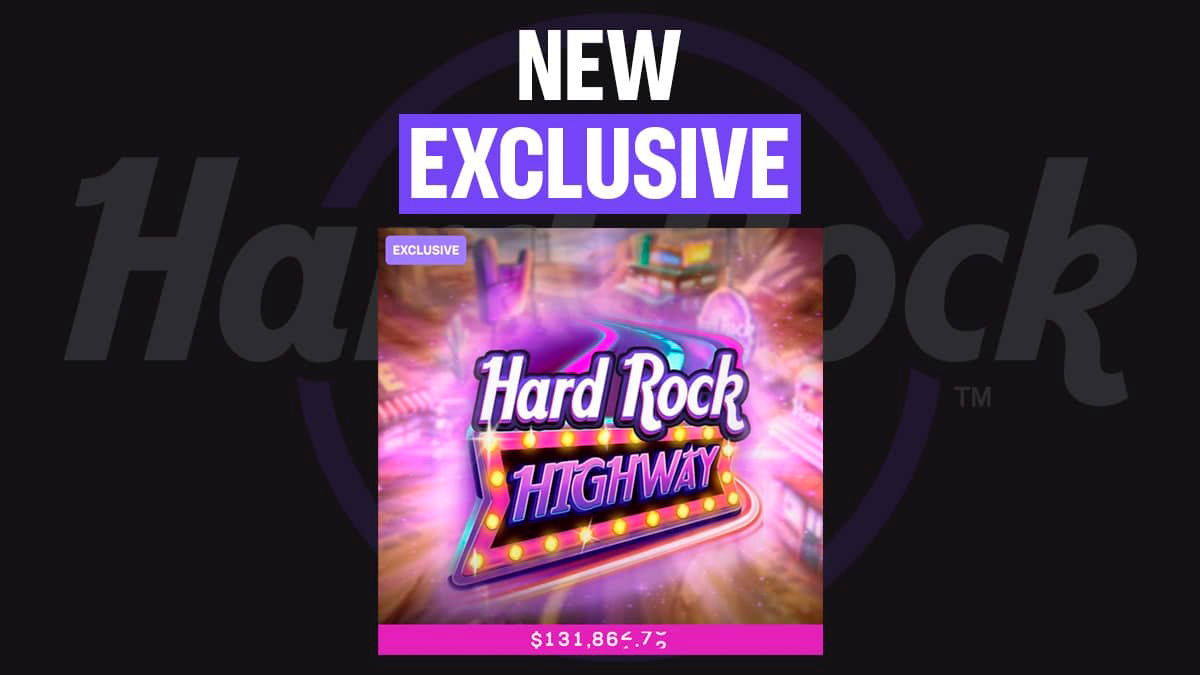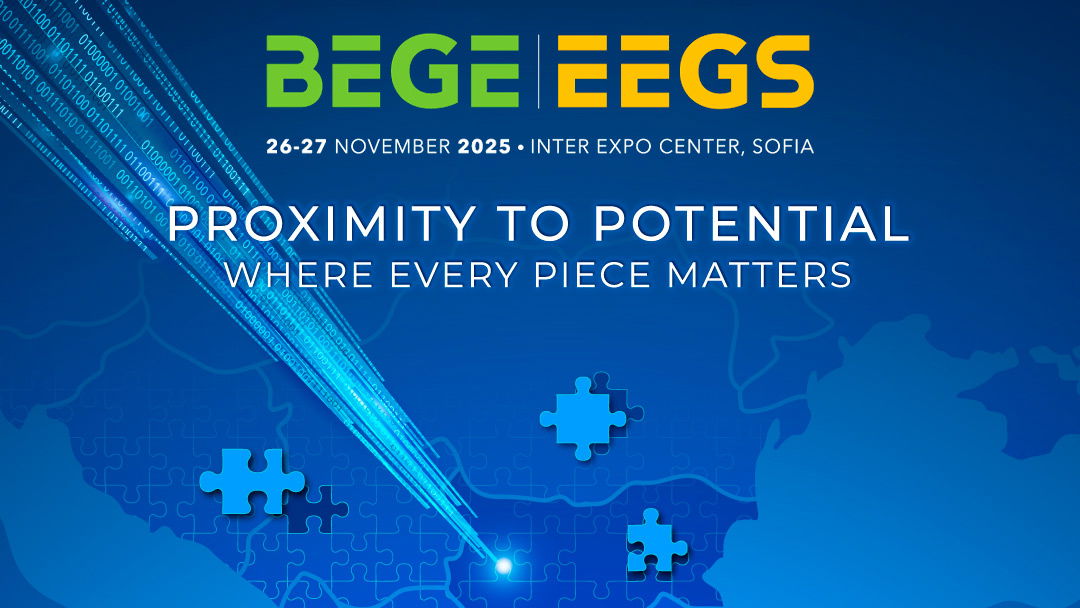California sees tribal sports betting ballot initiatives filed ahead of 2024 election

Two ballot initiatives that would pave the way for tribal entities in California to gain exclusive rights to offer sports betting, both in physical locations and online, have been filed with the state's attorney general.
These initiatives have raised eyebrows as they come on the heels of voters in California rejecting similar sports betting proposals in November 2022. The upcoming November 2024 election will be the stage for a new debate on the matter.
Reeve Collins, CEO of Pala Interactive, is named as the contact for media inquiries for both of these initiatives. Pala Interactive, which was co-founded by the Pala Band of Mission Indians in 2013, has made headlines after being acquired by Boyd Gaming in November 2022.
One of the initiatives, named "The Sports Wagering Regulation and Tribal Gaming Protection Act," provides details on how sports betting would operate under tribal oversight in California.
It suggests amendments to Article IV, section 19 of the California constitution, necessitating tribes to allocate 15% of their adjusted sports wagering gross gaming revenue (GGR) to a tribal sports wagering revenue-sharing trust fund.
Additionally, they would be mandated to contribute 10% of their adjusted sports wagering GGR to the California homelessness and mental health fund. Furthermore, the initiative stipulates that all sports betting advertising should be exclusively targeted at individuals aged 21 and over.
Tribes wishing to participate would need to collaborate with licensed sports betting operators, vetted by the Tribal Gaming Agency and approved by the California gaming agency.
The other initiative, titled "The Tribal Gaming Protection Act," underscores that sports betting will be an exclusive offering through tribal entities in California, effectively granting them a monopoly over this segment.
Both initiatives have attracted criticism from various quarters. Victor Rocha, the conference chair at the Indian Gaming Association, expressed his dismay at Pala Interactive's alleged attempts to dissuade tribal leaders in California from speaking to the media before conferring with them.
“Can we talk about the ignorance of the fools in Pala Interactive/Boyd,” Rocha wrote on X (Twitter). “These idiots actually sent a letter to California tribal leaders asking them not to talk to the press until they had a chance to talk to leadership.”
In response, David Strow, Vice President of Corporate Communications for Boyd Gaming Group, clarified that Pala Interactive (now known as Boyd Interactive) had no involvement in the initiation of these proposals.
The California Nations Indian Gaming Association (CNIGA) also voiced its disapproval, highlighting that it was not approached for consultation, which they deemed crucial given the nature of the initiatives. They stated that decisions concerning the future of tribal gaming should be made by tribal governments rather than being dictated to them.
Whether these initiatives succeed in making it to the ballot and ultimately becoming law remains uncertain. Particularly, without the backing of California's major tribal operators like Agua Caliente, Morongo, and San Manuel, the push is expected to face significant challenges.
Pala Interactive has 180 days to gather the signatures it needs for the ballot through a random sample method, which requires election officials to verify a minimum of 500 signatures in their office. This would bring the deadline to late April 2024, leaving it late in the season to file.
The wider consensus in the sports betting industry suggests that, among mid-sized or large states, only Georgia is likely to approve sports betting in the 2024 election cycle.

















































